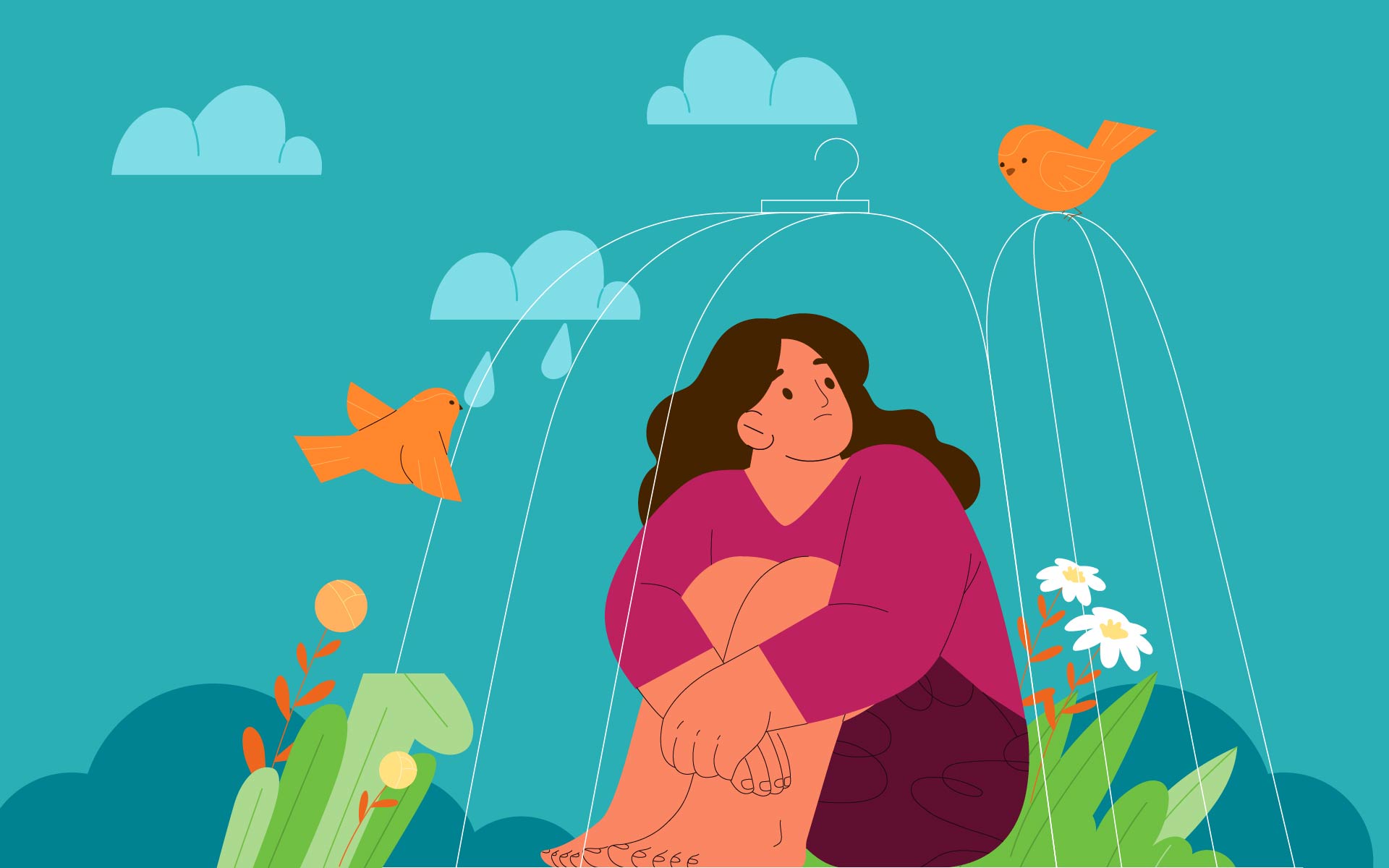We’re faced with dozens of decisions all day long. Most of the choices we need to make in the average day are no big deal, like deciding whether we need a jacket before we leave the house. But even when they won’t matter in the long run, small choices made at a bad moment can be inconvenient—we’ve all been caught in the rain, wishing for that jacket we left at home. And when we have big choices like whether or not to accept a new job, end a relationship, or move houses, the stakes are even higher.
In this 5-minute video, Braincraft host Vanessa Hill dips into psychology research to highlight the factors that impact our choices. Here are three reasons we make the wrong decisions, and the solutions to take your decision-making confidence to the next level:
1. You choose something you’ve already invested in, even if it’s not the best option
“We like to think that we always make rational decisions, but science shows that’s not always the case,” Hill explains. Take, for example, what’s known as the sunk-cost bias. This psychological phenomenon refers to our tendency “to choose something we’ve invested time or money in, even if it’s not the best for our future wealth or happiness,” says Hill.
For example, say you are waiting for an Uber to get to a meeting, but it’s late—you could hail a cab or catch the bus instead, but then you’ll have to pay the Uber’s cancellation fee on top of bus or cab fare. Since you’ve already called and paid for the Uber, you decide to stick with it, even though arriving late to your meeting will make you look bad.
Fortunately, researchers have found that practicing mindfulness meditation for just 15 minutes increases our resistance to the sunk-cost bias. Researchers found that meditation helped people to make smarter decisions, regardless of previous events. So the next time you feel stuck between options, take a minute to focus before making a snap judgement.
2. You get caught up in your emotions
Another way that mindfulness might help you is in being more aware of the feelings influencing your decisions, since emotions like anger, fear, and sadness “can cloud our judgment without us even realizing it.”
In one study, people who wrote about an event that angered them went on to make riskier choices in a task involving judgment. Or, if you have an intense fear of flying, you might opt to drive in a cross-country trip, even though driving is statistically the more dangerous mode of travel.
One way to get a sense of distance from challenging emotions is to pretend you’re helping a friend solve the problem.
“People are often wise about problems where they’re not involved,” says Hill. Attempting to consider your options from a more detached point of view is called “wise reasoning,” and practicing it can also increase your empathy and ability to reach a compromise.
3. You just need a good night’s sleep
It turns out, there really is a reason why your parents always told you to sleep on your decisions.
People tend to make more accurate decisions in the morning, perhaps because they also made them more slowly. Later in the day, we seem to discern more quickly, but less accurately.
If (as so many of us do) you are lying awake late at night, considering the pros and cons of a significant life change, try to get a good night’s sleep instead. You may find that when you wake up in the morning, it will be easier to make up your mind.
Instead of getting stressed out when faced with life’s challenges, we can use mindful strategies to reduce our stress around decision-making. By being aware of the previous events, strong emotions, and time of day that can impact our state of mind, we can avoid pitfalls and take the directions in life that are the most wise and true to ourselves.







